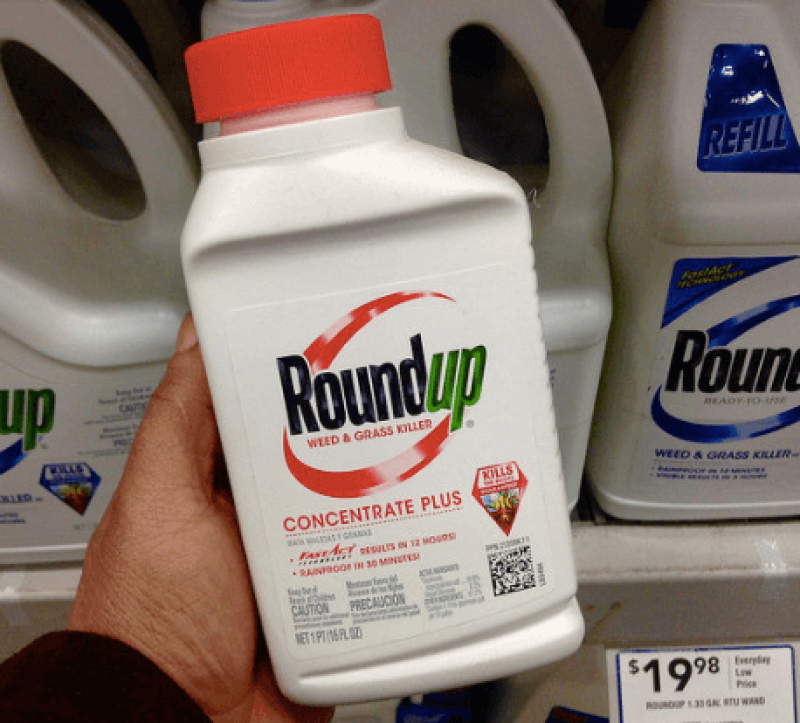The GLP aggregated and excerpted this blog/article to reflect the diversity of news, opinion and analysis.
The pesticide glyphosate. . . is unlikely to cause cancer in people, according to a new safety review by United Nations health, agriculture and food experts.
In a statement likely to intensify a row over its potential health impact, experts from the U.N.’s Food and Agriculture Organization (FAO) and World Health Organization (WHO) said glyphosate is “unlikely to pose a carcinogenic risk to humans” exposed to it through food. It is mostly used on crops.
. . . .
“In view of the absence of carcinogenic potential in rodents at human-relevant doses and the absence of genotoxicity by the oral route in mammals, and considering the epidemiological evidence from occupational exposures, the meeting concluded that glyphosate is unlikely to pose a carcinogenic risk to humans from exposure through the diet,” the committee said.
. . . .
The conclusions appear to contradict a finding by the WHO’s Lyon-based International Agency for Research on Cancer (IARC), which in March 2015 said glyphosate is “probably” able to cause cancer in humans and classified it as a ‘Group 2A’ carcinogen.
. . . .
In a question-and-answer document issued alongside the joint FAO/WHO statement, the WHO denied that the conclusions by the joint group and by IARC were contradictory. It said they were “different, yet complementary”. . .
“IARC reviews published studies to identify potential cancer hazards,” the WHO said. “It does not estimate the level of risk to the population associated with exposure to the hazard.”
In contrast, it said, the joint FAO/WHO committee looks at published and unpublished studies to assess the health risk to consumers from dietary exposure to pesticide residues in food.
Read full, original post: U.N. experts find weed killer glyphosate unlikely to cause cancer































